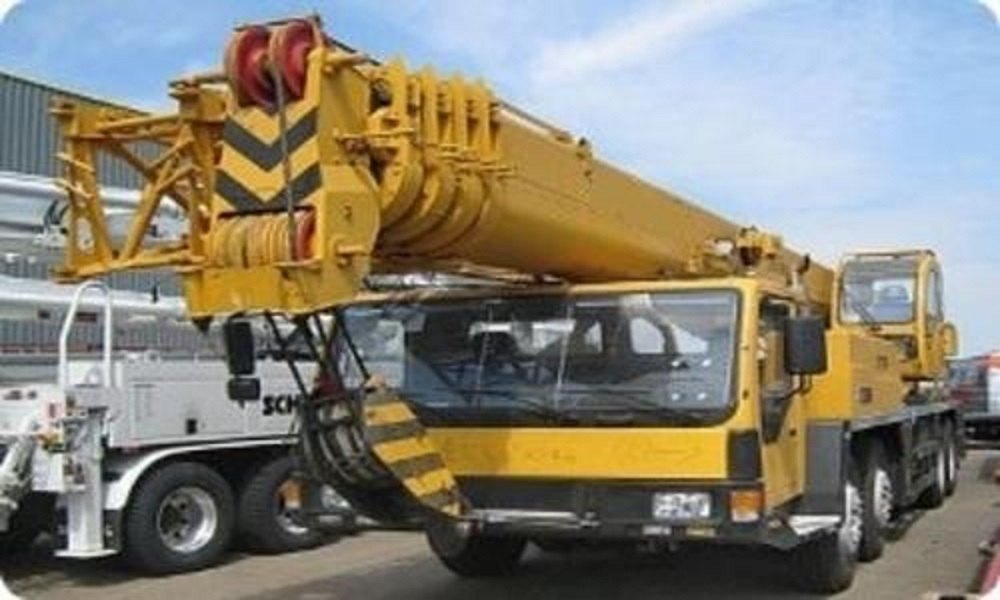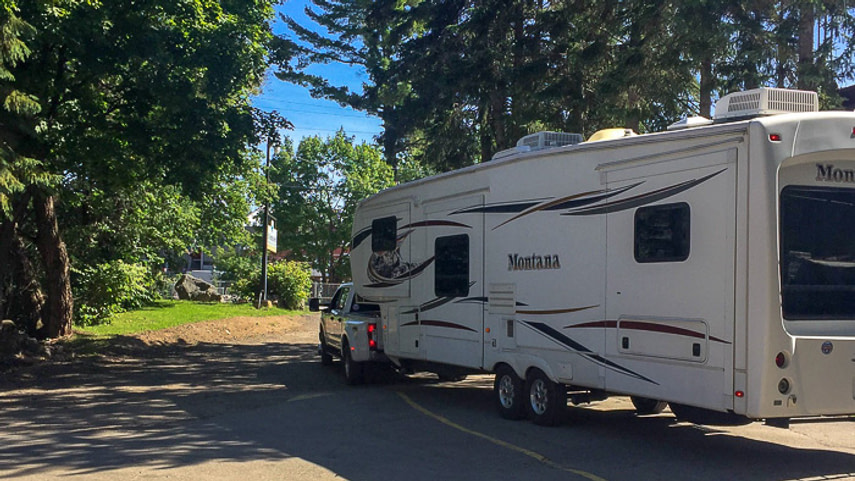Construction projects require careful attention to planning and budgeting. A well-organized approach can keep operations safe, efficient, and cost-effective. When crane services are needed, many project managers focus on finding ways to balance quality with affordability.
Managing expenses becomes easier when companies understand how to approach crane rental rates with clarity. Using specific strategies can lower costs while keeping projects on schedule and ensuring equipment meets performance needs. Careful planning strengthens long-term budgeting and supports consistent project success.
Evaluate Project Needs Before Hiring a Crane
Every project has unique requirements, and selecting the correct crane prevents wasteful spending. Assessing details such as load capacity, boom length, and lift plan ensures that the chosen equipment matches the work ahead. Hiring a crane that aligns precisely with project specifications avoids unnecessary costs.
Accurate measurements of the site and the type of materials being lifted guide the selection process. When project managers match crane features to exact needs, they create a foundation for efficiency. This level of preparation supports both safe operations and responsible budgeting.
Plan with Trusted Rental Companies for Value
Partnering with reliable providers creates a smoother rental experience. Strong rental partners supply equipment that is well-maintained and supported by trained staff. This approach reduces delays and enhances overall safety on the job site.
Key factors to review include:
- Availability of specialized cranes
- Condition of rigging equipment
- Transparent maintenance records
- Responsive customer support
Focus on Service and Reliability
Reputable rental companies bring confidence to any project. Their teams deliver cranes with proper counterweights, safety checks, and updated certifications. Working with providers that maintain high service standards ensures equipment readiness and professional assistance throughout the rental period.
Schedule Equipment at the Right Time
Project scheduling strongly influences rental expenses. Arranging cranes for the exact periods when they are needed keeps costs under control. Avoiding unnecessary idle time ensures the rental remains aligned with project milestones.
Coordinating schedules across different teams keeps the site moving efficiently. With clear planning, equipment arrives when needed, and work progresses without interruptions. This level of timing creates savings while maintaining project momentum.
Maximize Efficiency Through Proper Coordination
Strong coordination between contractors, crane operators, and site crews saves both time and resources. Aligning labor, permits, and traffic control before equipment arrives reduces downtime. This level of preparation allows every stage of the lift plan to progress smoothly.
A well-prepared site allows cranes to begin operations quickly. Smooth coordination of lifting tasks, including rigging adjustments, ensures safety and steady progress. Effective teamwork results in optimized crane use and overall project stability.
Negotiate Agreements That Support Both Parties
Clear contracts are essential for avoiding unexpected costs. Agreements should outline rental duration, maintenance responsibilities, and any service support included. A transparent approach ensures that all terms remain predictable throughout the project.
Building relationships with rental providers encourages smooth communication. When both sides commit to fairness, projects benefit from consistency and trust. Written agreements that highlight important terms help maintain strong partnerships. Strong partnerships create opportunities for future collaboration and long-term value.
Managing crane services requires thoughtful planning and dependable support. Companies that evaluate project needs, partner with reliable providers, schedule effectively, coordinate teams, and set clear agreements enjoy strong results. Contact a trusted provider today to discuss crane rental rates and discover how effective planning can create value while ensuring quality outcomes. A well-structured approach reduces delays and prevents costly errors. With the right partner, every project moves forward with efficiency and confidence.




